If most of the world is struggling with higher energy prices, Europe is being stretched on the rack, forcing European leaders to improvise bailout plans and emergency measures to spare consumers from damaging economic pain come winter.
The biggest problem is spiking natural gas prices, which have been wreaking havoc across the continent, turbocharging inflation, hamstringing industries, and making ordinary people shudder when they get their power bills in the mail. European natural gas prices are now around 10 times higher than they were on average over the last decade and about 10 times pricier than in the United States. Alex Munton, an expert on global gas markets at Rapidan Energy Group, a consultancy, said European natural gas is so expensive it’s like paying $500 for a barrel of oil. And these are the good months.
“Things are [at] a crisis point,” said Munton. “We have astronomic gas prices, and we’re still a few months away from when gas demand really peaks during the winter. There’s genuine uncertainty whether there will be sufficient gas to meet demand throughout the winter.”
The gas problem is largely due to Russia’s war in Ukraine, which has disrupted exports of Russian gas to Europe and raised prices everywhere else. But it’s not just the war: Alternative supplies of gas are expensive, climate change has drained rivers so much that many of Europe’s nuclear plants are offline, and there’s been more than a decade of confusion among European policymakers about how to build shock absorbers into the system. Power prices in both Germany and France reached record levels this week (again), a reflection of the continent’s ever-deepening power emergency. As nations buckle under the economic pressures, desperate times have called for desperate measures: Britain announced a painful 80 percent spike in the cap for household energy costs while Germany increased bills by almost 500 euros.
“The alternative would have been the collapse of the German energy market and with it, large parts of the European energy market,” said German Economy Minister Robert Habeck.
Normally, Europe can refill its gas storage during the summer and coast in the winter, when usage is higher. Now, with colder months looming and Russia’s tightening chokehold on natural gas flows, Europe has been locked in a race against time to fill its tanks, which leaders have stocked by paying eye-watering prices. So far, experts said, European nations have been largely on track with their plans—but that doesn’t mean that they will be out of the woods come winter.
In the winter, Europe typically “uses a lot of what it has in storage while, at the same time, importing lots of gas from other sources,” Munton said. “It needs both. But as we think about this winter, there is a very real threat that there won’t be any Russian gas at all.” In normal times, Russian gas supplies about 40 percent of European imports.
Without Russia’s supply in the winter, Munton added, European nations will be forced to rely on imports of liquefied natural gas (LNG) even more from suppliers such as the United States. The problem is that Asia—a larger LNG market—is also vying for the same supplies, which means prices are always going to be higher than old piped gas from the East.
“That’s really the crisis that Europe and the world confronts,” he added.
As Europe abandons Moscow’s energy supply, many leaders have rushed to secure alternative deals and supplies with other countries. Italy has secured more gas from Algeria while other nations have turned to Azerbaijan, Norway, and Qatar. Germany has also expressed its hopes for a new LNG deal with Canada, which in turn has been considerably less optimistic. Others have invested considerably more into LNG infrastructure, with Germany racing to build five floating LNG terminals and the Netherlands, Finland, and Italy all preparing for more floating units to import gas.
But in the immediate future, energy experts said there is only so much that countries can do to shore up their supplies. “There’s a limit to what you can do in the near term to bring additional supplies into Europe because there’s only so much LNG in the world,” said Jason Bordoff, founding director of Columbia University’s Center on Global Energy Policy and a former special assistant to former U.S. President Barack Obama.
European leaders are also turning inward, enacting wide-ranging energy-saving measures to help curb electricity use. Spain, which previously advised workers against wearing ties to preserve energy, approved a new energy-saving plan this week that includes air conditioning and heating rules to limit consumption. France has threatened fines against air-conditionedstores that don’t close their doors, whereas Germany turned off spotlights by monuments in Berlin. Some Germans have also taken matters into their own hands and are now stockpiling wood to brace for the upcoming winter. Their moves come as Germany debates delaying the phase-out of its last nuclear plants over the ongoing crisis.
“The retirement of additional nuclear plants in the middle of the worst energy crisis Europe has seen in a very long time seems misguided,” Bordoff said. “It just deepens the hole a little bit further with the amount of alternative energy supplies, like natural gas, that you need to find to replace those lost nuclear supplies and keep the electricity going for people.”
Munton, the Rapidan Energy Group’s global gas market expert, said keeping the facilities running is not as straightforward as it may sound. “Once companies, the operators of these plants, have been working with a plan to end operations at a particular point in time, i.e. the end of this year, they’re already managing the plant on that basis,” he said. “Now, if you say, ‘we want them to continue,’ then it becomes more complex.”
While technicians scramble, politicians assemble. On Friday, Czech Industry Minister Jozef Sikela said the Czech Republic would call for the European Union’s energy council to hold an extraordinary meeting, just days after suggesting price caps as one potential plan.
It’s unclear how long industries and households can hold together. The United Kingdom, for instance, is looking at double-digit inflation in large part due to skyrocketing energy prices and a sharp downward revision to GDP estimates, according to Oxford Economics. Europe isn’t much better off. “We think the European manufacturing sector will experience a recession over the coming quarters, but there will also be implications for households,” the economic consultancy wrote in a note. “The increase in gas and electricity prices will hit consumers hard, and we think the magnitude of the price rises makes further government intervention very likely.”
For now, the continent appears to be in it for a long—and painful—haul. “Europe is sort of bracing itself for things to get worse before they can get better,” Munton said. “The big question is just how worse will they get.”
Christina Lu is an editorial fellow at Foreign Policy. Twitter: @christinafei
Read Also: Mid-flight physical assault: Air France suspends pilots




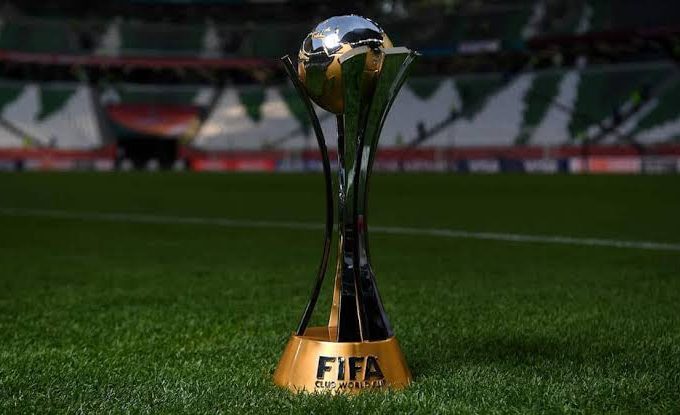







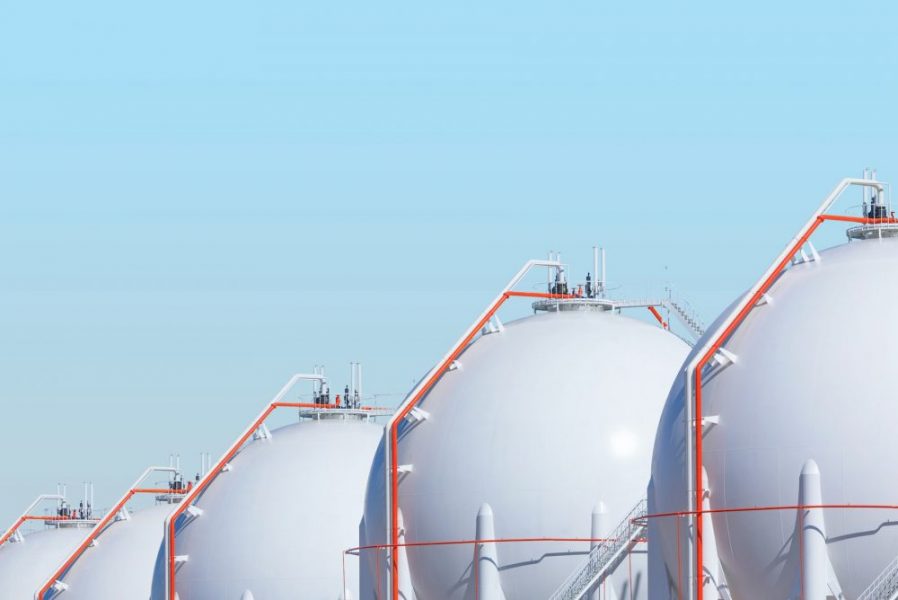






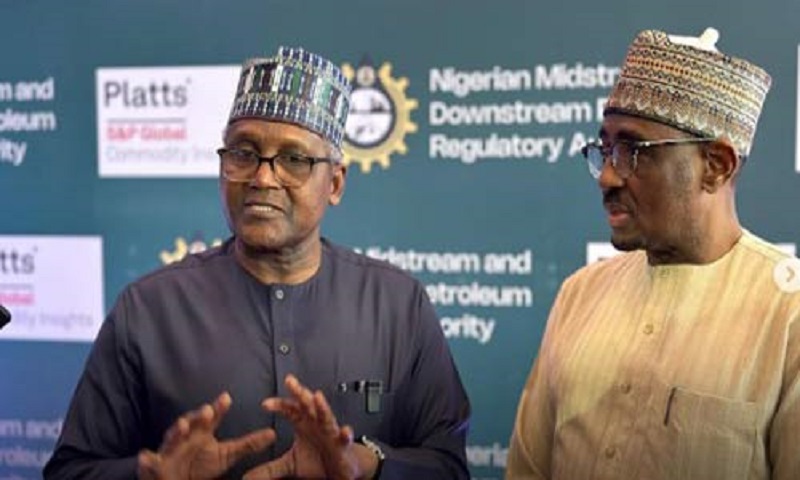

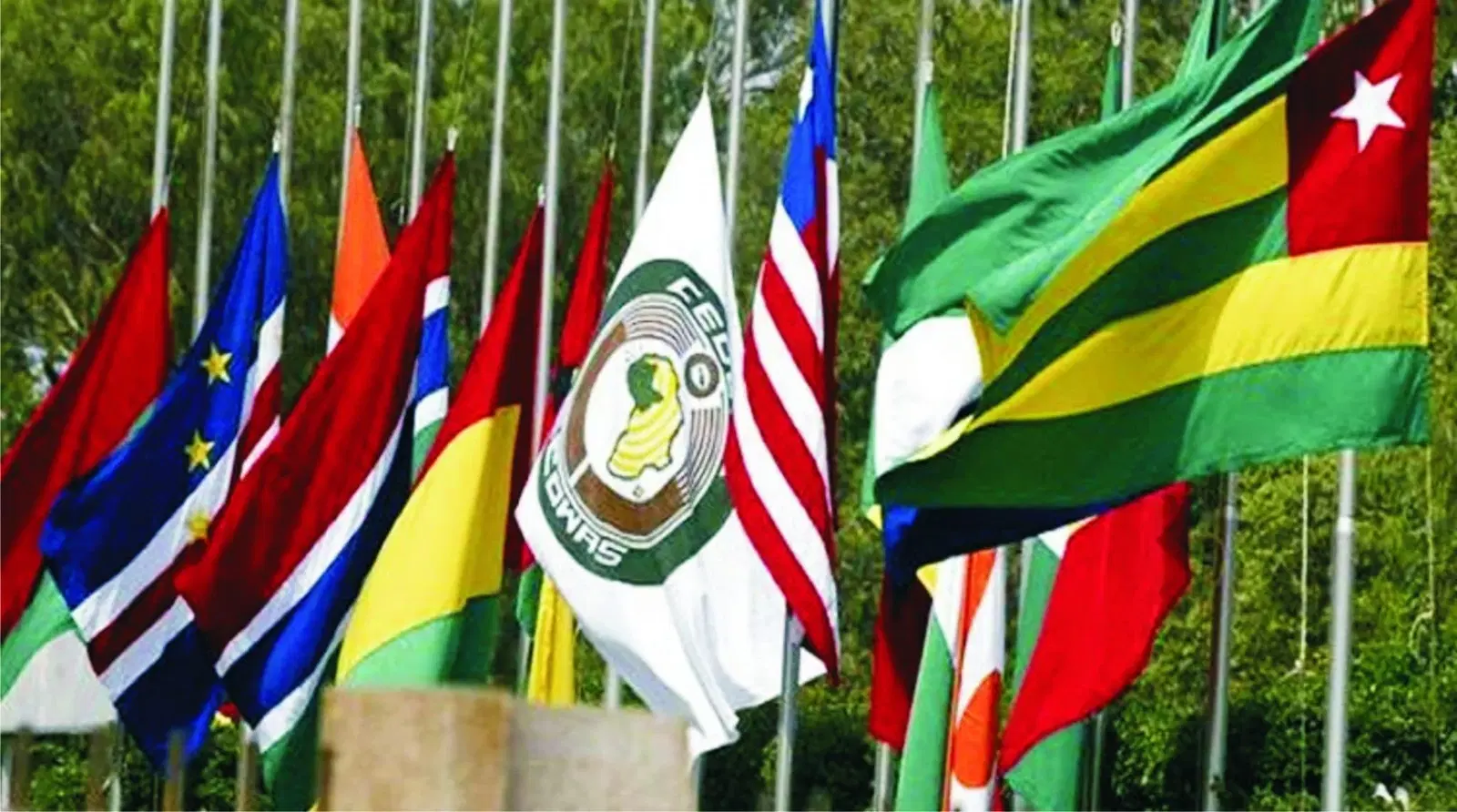

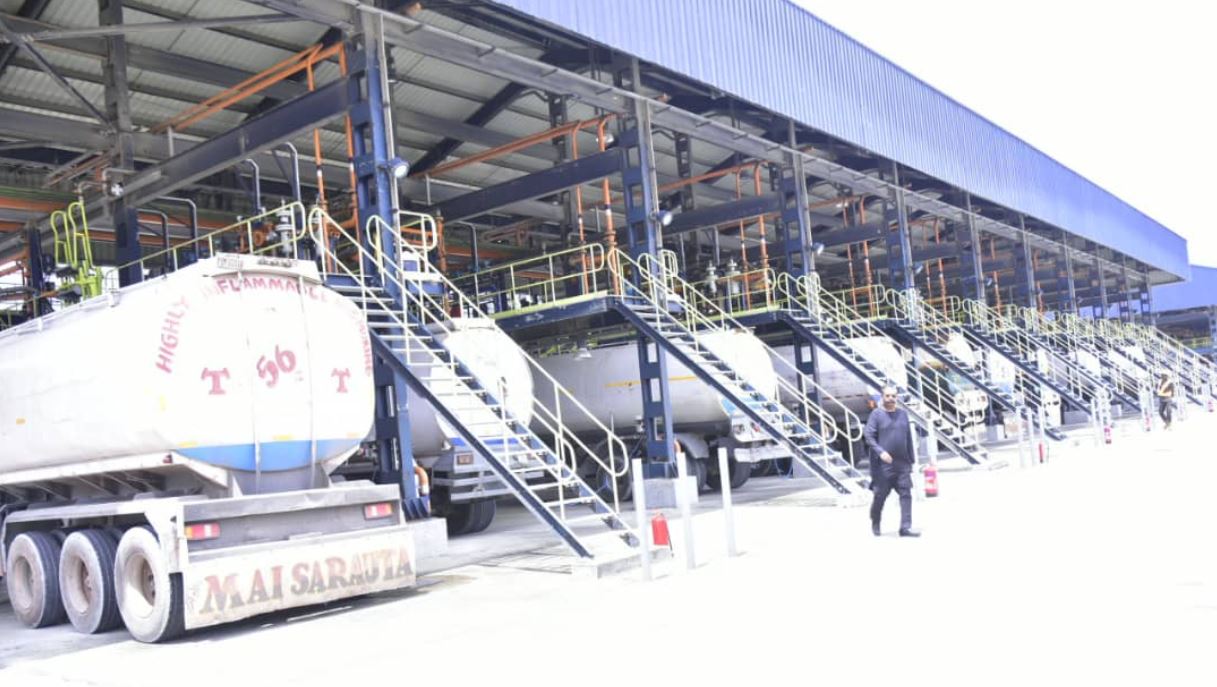








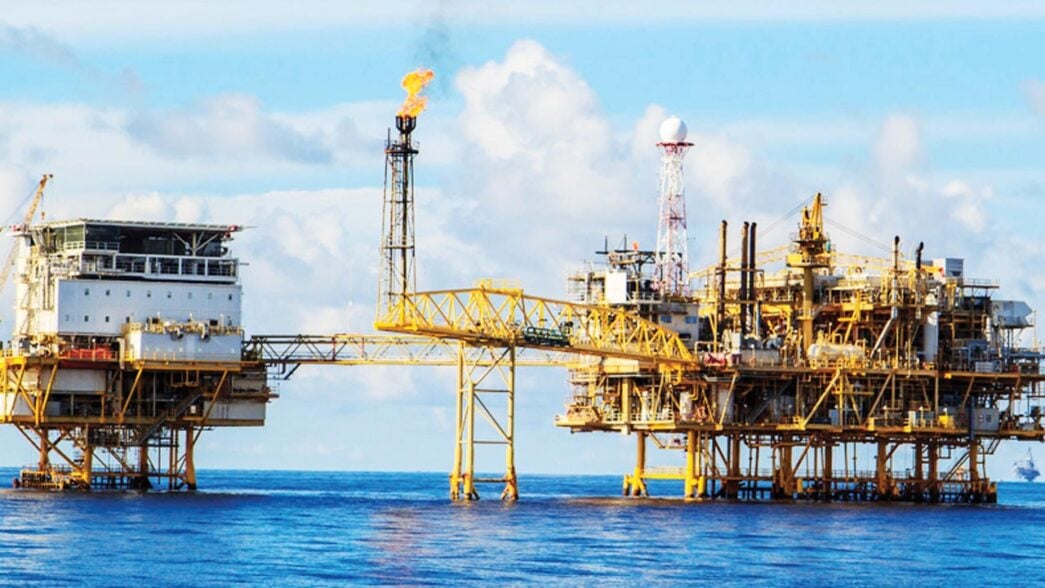



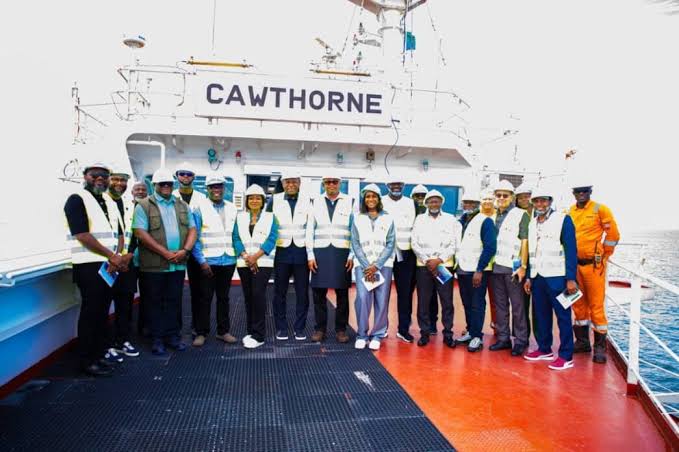
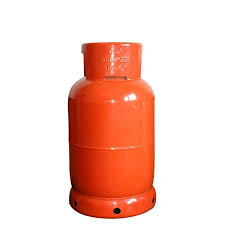
Leave a comment